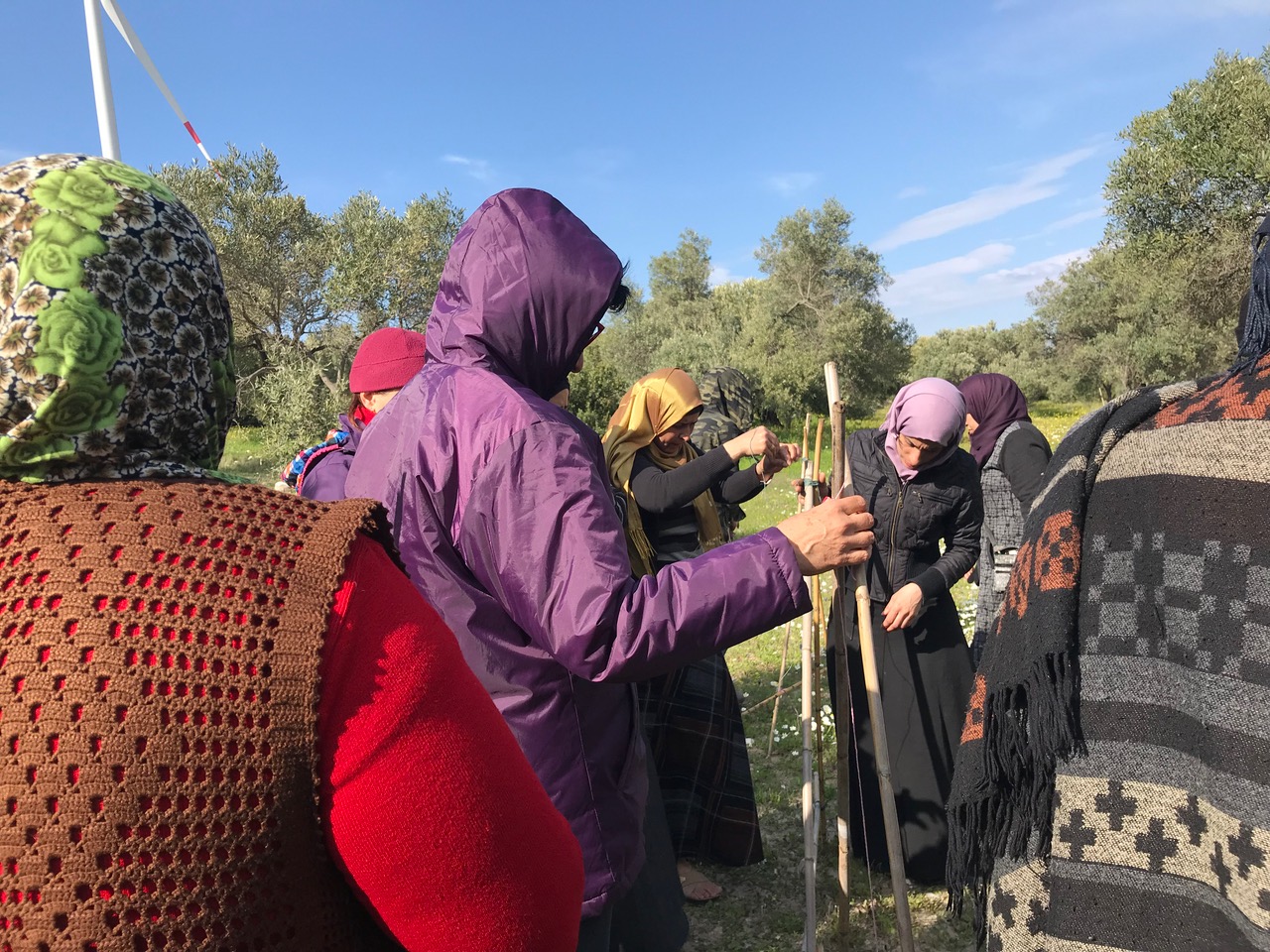
Food for crowded populations in an uncertain and compromised future
Hosted by Permaculture for Refugees (P4R).
Permaculture is often used in rural settings, which don’t reflect the reality for the majority of the world’s population. This is set against an uncertain and rapidly changing world. Working with refugees, P4R has gained experience in ways of life that are, unfortunately, likely to become common. With mass migration, crowded settlements will become a new norm in urban and rural areas, compounded by economic collapse, global warming, and possibly further pandemics. Permaculture has the potential through its relevance to local bioregions and knowledge, and, working through principles to meet their needs. Facing an uncertain future requires people, materials, and methods to convey these to vulnerable communities and those living in crowded environments to the point where they can manage and scale up the learning and applications themselves.
It can reasonably be expected that:
• life will become precarious even in rural settings,
• informal settlements will increase
• wealthy may leave cities and work from home etc.
• future of teaching people under COVID-19 conditions, as now, becomes, impossible
• food and water security will be less secure
• refugees, IDPs and other victims of political and environmental breakdown will have fewer rights
P4R looks at different applications for diverse people and cultures in such media as radio, comics, books (clear illustrations with simple language), animation, online courses and workshops, written materials, and posters.
Links will be made with local organisations, WhatsApp, and other social media to teach hosts/local people (1/2,1/3 ratio) and with concepts to be easily translated into a variety of refugee languages as a priority. Creativity helps us to live and adapt to our realities.
This session explored learning, future models and their relevance to the North of England and Scotland.
Speakers/hosts:
Marguerite Kahrl is a permaculture artist. Her artistic projects include citizen initiatives, and collectives activating change in a culture of living towards a more resilient existence. As an artist, she has demonstrated a way forward by articulating and responding to change on various levels. Her projects range from onsite participatory projects in support of sustainable and equitable leadership to creating relational objects that exist as artefacts with the power to change perspectives and establish collaborative collectives. For the last twenty years, Marguerite has dedicated her time and energy to permaculture and art to address global challenges, including but not limited to the current refugee crisis. Committed to social impact design, she has collaborated with diverse communities in the USA and Europe and co-designed with them inspiring examples of socially engaged design. These projects successfully bridge social, economic, and political divides and create laboratories of human coexistence that communities use to change the culture of living towards a more resilient existence and coexistence, in rural and urban contexts. Her work has been shown internationally in solo and group exhibitions. She has lectured widely on her art projects and participatory practices in Europe, the US, and China, India, Turkey, and Armenia. She has given panel discussions for the Museum of Finnish Architecture, Architecture Information Centre Finland, Design, Helsinki; Communication for Eco-Social Transitions, Free University of Bozen-Bolzano, Italy; and the Hayata Destek Derneği | Support to Life, Ankara, Turkey. www.kahrl.com
Rosemary Morrow has been engaged since the 1970s in critical development work and food security with countries suffering war and civil war. Her work has been involved with the most disadvantaged people. Rebuilding societies and food security is challenging work and requires personal qualities of connection with others and sound techniques and strategies. She recognises these in colleagues. She has worked with many NGOs. As a Quaker and permaculturist, her work took her to Viet Nam when the country was broken, Cambodia during the Pol Pot regime, Albania, East Timor, Afghanistan, Kashmir, Iraq, and others. She has realised the needs of people in forced mass migration for autonomy, respect, and occupations. Projects in these countries were largely successful when decisions and management were handed over to the local people. She is author of one of the world’s best-selling books on Permaculture. She is a co-founder Blue Mountains Permaculture Institute and Permaculture for Refugees.
You can read a blog post about the session outcomes here.
